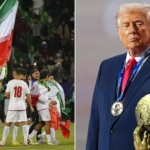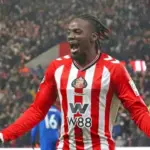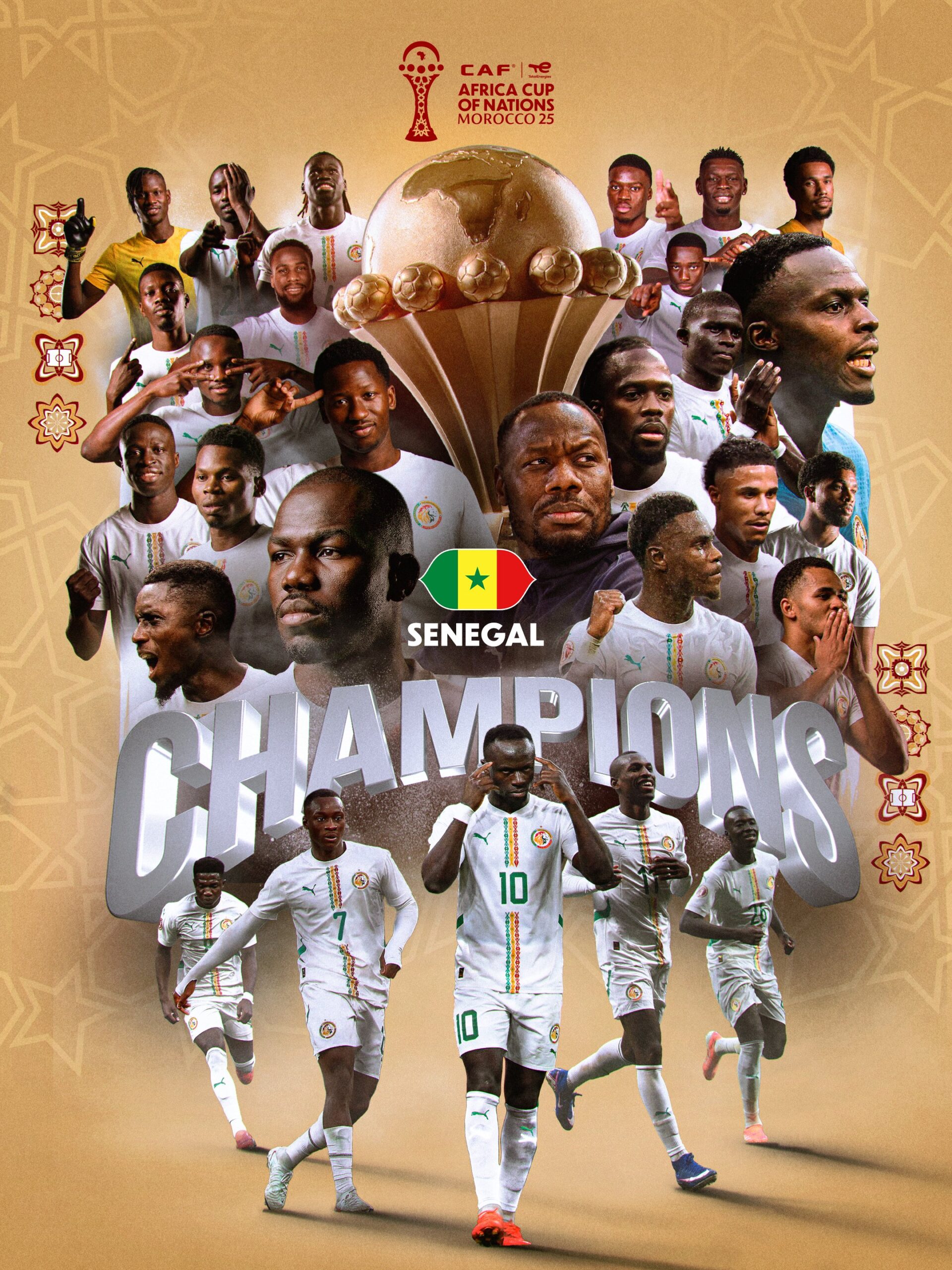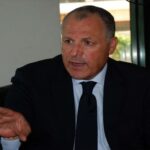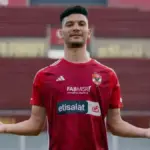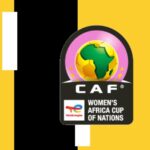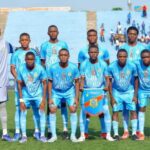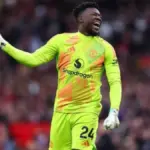Thomas Partey ends debate over Ghana national team captaincy
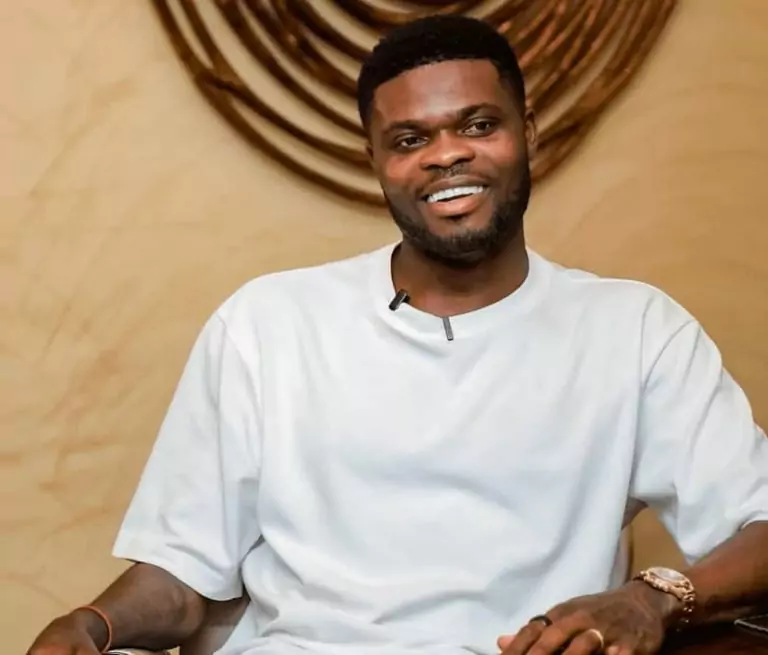
Thomas Partey has addressed the growing speculation surrounding the Ghana national team captaincy, insisting that the matter has been blown out of proportion by external voices and that harmony remains intact within the Black Stars camp.
The controversy escalated in recent months following changes in captaincy during key fixtures. Partey, who had previously captained the team in the absence of long-time skipper André Ayew, was not on the pitch when Ghana faced Sudan in a double-header during the 2025 Africa Cup of Nations (AFCON) qualifiers.
In his absence, Mohammed Kudus was given the armband. In the next match, Jordan Ayew wore the captain’s band, prompting further scrutiny—especially as the team failed to secure a win.
The Ghana Football Association (GFA) later announced Jordan Ayew as the new captain of the national team, ahead of the resumption of the 2026 FIFA World Cup qualifiers.
This decision stirred public debate, with analysts and fans speculating about internal conflicts and leadership dynamics within the squad.
Speaking candidly on the issue, Partey dismissed any notion of unrest, asserting that the controversy is largely manufactured by the media and outside observers.
“Personally, I have never tried to control or lead anything,” said the 31-year-old Arsenal midfielder. “I joined the Black Stars out of passion. I came here willingly because I have watched many great players represent Ghana with pride, and I want to do the same.”
Partey emphasised that discussions around the captaincy have never been a distraction within the team. “When you change the captain, it has to be done with clarity and respect.
I don’t understand where this controversy is coming from. Inside the squad, we don’t talk about players or who wears the armband,” he said.
He went on to stress that the ongoing noise around the issue is harming both the coaching staff and the players. “The pressure is external, not internal.
The media and outsiders have made this a topic, and in doing so, they’ve created tension where none existed. This becomes difficult for the coach because it leads to questions about his choices, and it also affects the players.”
Partey’s comments appear to be an effort to calm tensions ahead of a crucial stretch of international fixtures. The Black Stars are scheduled to resume their World Cup qualifying campaign in September 2025 with back-to-back matches against Chad and Mali, representing rounds seven and eight of the African qualifiers.
The veteran midfielder’s reassurance is likely to be welcomed by both fans and officials, especially as Ghana aims to qualify for its fifth World Cup.
Partey’s calm leadership off the field—regardless of the captaincy title—has proven crucial to maintaining stability within the squad during times of intense scrutiny.
With the Black Stars now focused on their upcoming qualifiers, Partey’s message serves as a reminder that unity, not headlines, will determine Ghana’s success on the road to the 2026 World Cup.

